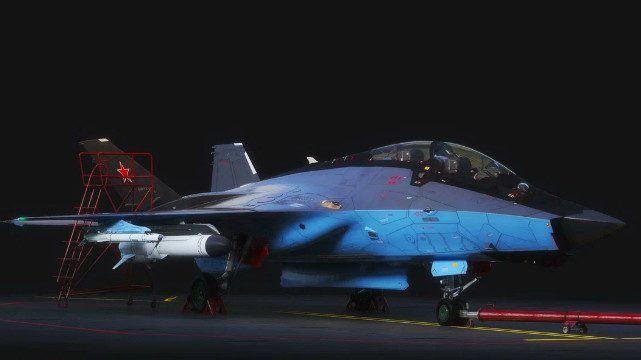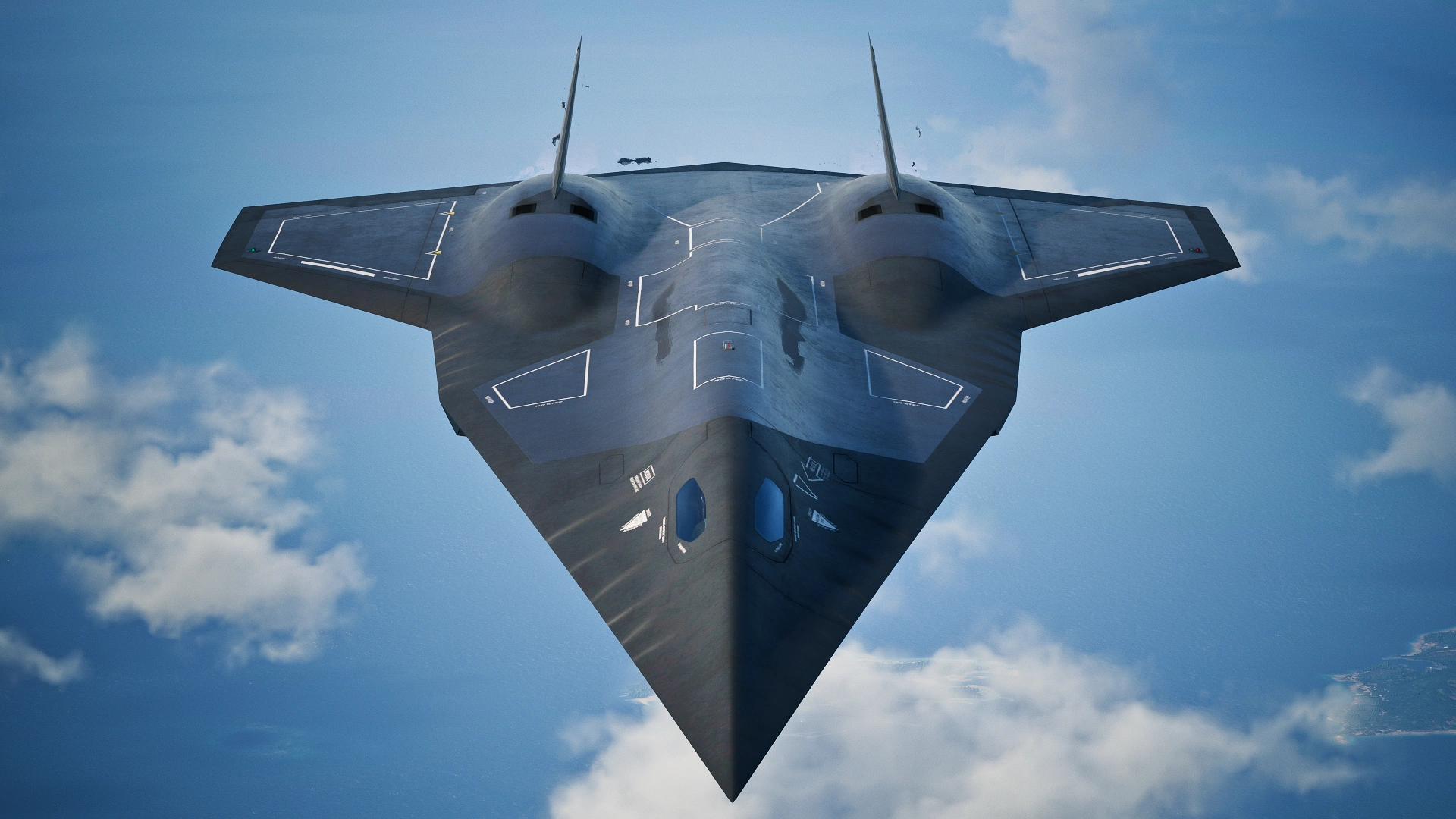Russia’s Ambitious Quest: Can MiG-41 (PAK-DP) Soar at Ultra Fast Mach 4-5 Speeds?
To see fighter aircraft reach speeds of Mach 4 to Mach 5 is not a pipe dream because Mikoyan Gurevich has previously succeeded in developing two types of aircraft with extremely high speeds: the MiG-25 with a speed of Mach 3.2 and the MiG-31, which is capable of flying at a speed of Mach 2.8 and is still recognised as the fastest fighter jet in operation now.
(DEFENCE SECURITY ASIA) —As early as 2016, the senior management of the Russian aircraft manufacturer Mikoyan Gurevich envisioned the long-range interceptor aircraft MiG-31 “Foxhound” concluding its service by 2028. It was anticipated that the MiG-31 would be succeeded by the ultra-fast, sixth-generation aircraft, the MiG-41.
The ultra-fast aircraft MiG-41, or technically known by its development program name PAK DP, is depicted as a sixth-generation fighter jet capable of reaching near-space levels, boasting extreme speeds ranging between Mach 4 and Mach 5.
Russian media outlets had suggested before this that the MiG-41 might conduct its maiden flight by the end of this year, although many in Western countries have dismissed the MiG-41 development program as a “Russian fantasy.”
“By the year 2028, the MiG-31 interceptor will no longer exist. We have time to develop a new aircraft as a replacement,” said Sergey Korotkov, the head of Mikoyan Gurevich.
The development of the long-range, high-altitude interceptor MiG-31 began in Russia in the early 1970s, and efforts to find its successor have been ongoing, although success has remained elusive until now.

Mikoyan believes it is time to replace the MiG-31 with a more capable and faster long-range interceptor.
The company has revealed to Russian media that they have a development program for a “high-speed interceptor” aircraft, the MiG-41, which will replace the MiG-31.
The MiG-41, highly touted by international aerospace analysts, is said to be Russia’s sixth-generation aircraft that will rival the capabilities of the U.S.’s sixth-generation “Next Generation Air Dominance” (NGAD) aircraft.
It might not be far from the design of the “Darkstar” aircraft flown by Tom Cruise in the movie Top Gun: Maverick, which achieved speeds of up to Mach 10.
Officially, the program to create a replacement for the MiG-31 is called “Mikoyan PAK DP,” with Mikoyan aiming for the new fighter to be operational as early as 2030.
Given that speed is one of the key features of the aircraft being developed, what is the speed of the MiG-41 as envisioned by observers?

The senior management at Mikoyan envisions the MiG-41 “high-speed interceptor” to achieve speeds of Mach 4, and some observers even suggest it could reach speeds of up to Mach 5.
Seeing a fighter aircraft reach speeds of Mach 4 to Mach 5 is not an empty dream, as Mikoyan Gurevich has previously developed two types of aircraft with extremely high speeds.
Decades before the plans for the MiG-41 came to light in the aviation world, Mikoyan Gurevich had already developed the MiG-25 and MiG-31 aircraft, each capable of reaching maximum speeds of Mach 3.2 and Mach 2.8, respectively.
So, achieving Mach 4 to Mach 5, as suggested by Russian aerospace analysts, is indeed a goal that can be achieved by Mikoyan Gurevich, which has a history of producing high-speed aircraft.
Since it is targeted to fly at Mach 4 or Mach 5, what engines will power the MiG-41?
The MiG-41 is said to be equipped with Ramjet or Turbo Ramjet engines to ensure it reaches the extremely high speeds of Mach 4 to Mach 5, in addition to operating in hypersonic conditions.

Besides its high speed, the envisioned MiG-41 aircraft is also expected to operate at high altitudes, possibly near space altitude, much like the current MiG-31.
Due to its operation at near space altitudes, the “high-speed” MiG-41 is expected to carry anti-satellite guided missiles to destroy enemy satellites in Low Earth Orbit (LEO). It is also said to carry hypersonic guided missiles.
However, despite the optimistic words about the MiG-41 program, there is also the possibility that this ambitious Russian program may encounter setbacks or face various challenges, as has been the case with other Russian defense programs.
Will we have to wait for many years before the “Darkstar” version of Moscow’s aircraft truly becomes a reality? – DSA

DEFENCE SECURITY ASIA APPS
To advertise contact: lulwabyadah@gmail.com


Comments are closed.